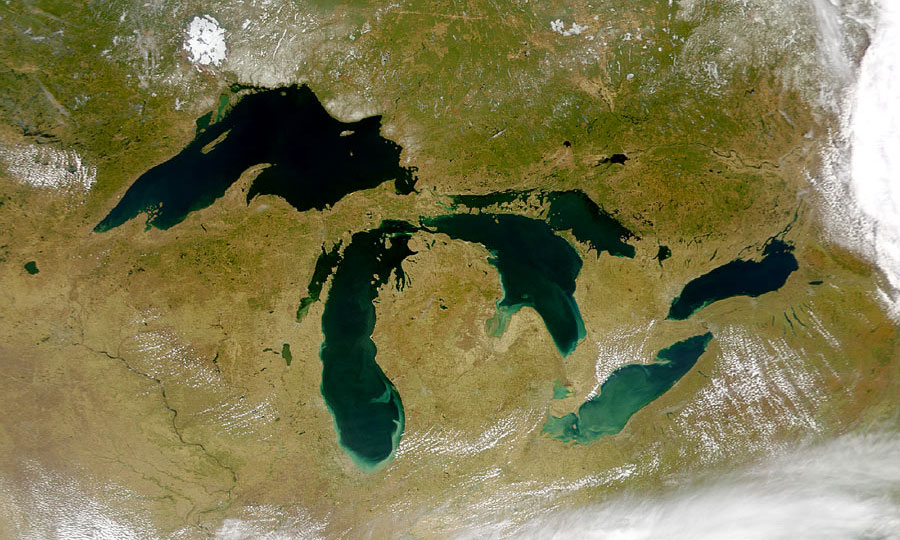[Post author: Wayne Duke]
The Sustainable Electronics Initiative (SEI), hosted by the Illinois Sustainable Technology Center (ISTC), a unit of the Institute of Natural Resources Sustainability on the campus of the University of Illinois at Urbana-Champaign, is a consortium dedicated to the development and implementation of a more sustainable system for designing, producing, remanufacturing, and recycling electronic devices. Members of the consortium include academia, non-profit organizations, government agencies, manufacturers, designers, refurbishers, and recyclers. Specific elements of the SEI include programs for research, education, data management, and technical assistance. SEI conducts collaborative research; facilitates networking and information exchange among participants; promotes technology diffusion via demonstration projects; and provides forums for the discussion of policy and legislation.
Americans own nearly three billion electronic products and continually purchase new ones to replace those deemed “obsolete,” even though about two-thirds of the devices are still in working order. To address this burgeoning e-waste problem, SEI will hold the Electronics & Sustainability: Design for Energy & the Environment symposium on February 23 – 24, 2010 at the I Hotel on the University of Illinois campus. Topics to be addressed will include environmental toxicology, life cycle analysis, product design, existing and proposed policy (local, state, national, and international), and more. Designers; electrical engineers; chemists; materials scientists; electronics manufacturers, recyclers, refurbishers, and remanufacturers; government representatives and policy makers; pollution prevention technical assistance providers; relevant non-profit organizations; and others are invited to take part in this symposium.
SEI invites industry and academic practitioners to submit abstracts of their recent research, projects, and design thinking for presentation, publications, or both Proposals can be made for symposium participation in one or more of the following categories: a paper, presentation, panel discussion, or poster display.
For more information about the symposium and/or to access the call for papers, visit: www.sustainelectronics.illinois.edu or contact Wayne Duke, Conference Coordinator, Illinois Sustainable Technology Center, One Hazelwood Drive, Champaign, Illinois 61820-7465, 217-333-5793, fax: 217-333-8944, wduke@illinois.edu.
For more information about the Sustainable Electronics Initiative (SEI), contact Dr. Tim Lindsey, PhD, Associate Director, Illinois Sustainable Technology Center, One Hazelwood Drive, Champaign, Illinois 61820-7465, 217-333-8955, fax: 217-333-8944, tlindsey@istc.illinois.edu.






